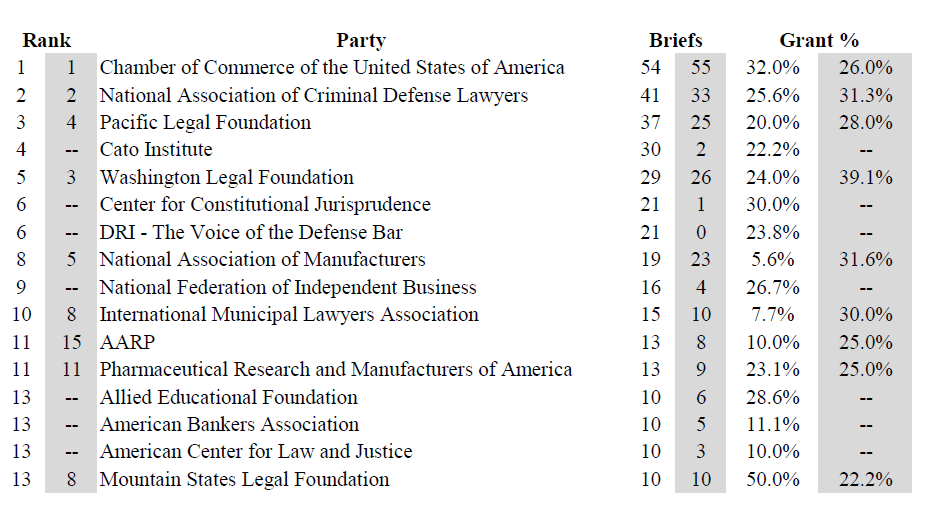He wrote
Gideon’s Trumpet and covered the Supreme Court.
From the NY Times obit:
As a reporter, Mr. Lewis brought an entirely new approach to coverage of
the Supreme Court, for which he won his second Pulitzer, in 1963.
“He brought context to the law,” said Ronald K. L. Collins, a scholar at
the University of Washington who compiled a bibliography of Mr. Lewis’s
work. “He had an incredible talent in making the law not only
intelligible but also in making it compelling.”
Before Mr. Lewis started covering the Supreme Court, press reports on
its decisions were apt to be pedestrian recitations by journalists
without legal training, rarely examining the court’s reasoning or
grappling with the context and consequences of particular rulings. Mr.
Lewis’s thorough knowledge of the court’s work changed that. His
articles were virtual tutorials about currents in legal thinking,
written with ease and sweep and an ability to render complex matters
accessible.
“There’s a kind of lucidity and directness to his prose,” said Joseph
Lelyveld, a former executive editor of The Times. “You learned an awful
lot of law just from reading Tony Lewis’s accounts of opinions.”
Mr. Lewis wrote several books, two of them classic accounts of landmark
decisions of the Warren court, which he revered. Chief Justice Earl
Warren led the Supreme Court from 1953 to 1969, corresponding almost
precisely with Mr. Lewis’s years in Washington.
One of those books, “Gideon’s Trumpet,” concerned Gideon v. Wainwright,
the 1963 decision that guaranteed lawyers to poor defendants charged
with serious crimes. It has never been out of print since it was
published in 1964.
“There must have been tens of thousands of college students who got it
as a graduation gift before going off to law school,” said Yale Kamisar,
an authority on criminal procedure who has taught at the University of
Michigan and the University of San Diego.
UPDATE -- Yes, Justice Scalia is a defendant's best friend again -- this time in a dog-sniffing 4th Amendment case:
A 5-4
decision (SCALIA, J., delivered
the opinion of the Court, in which THOMAS, GINSBURG, SOTOMAYOR, and KAGAN, JJ.,
joined. KAGAN, J., filed a concurring opinion, in which GINSBURG and SOTOMAYOR,
JJ., joined. ALITO, J., filed a dissenting opinion, in which ROBERTS, C. J.,
and KENNEDY and BREYER, JJ., joined.).
First paragraph:
We
consider whether using a drug-sniffing dog on a homeowner’s porch to
investigate the contents of the home is a “search” within the meaning of the
Fourth Amendment.
Last paragraph answer:
The
government’s use of trained police dogs to investigate the home and its
immediate surroundings is a “search” within the meaning of the Fourth
Amendment. The judgment of the Supreme Court of Florida is therefore affirmed.
Congrats to Miami PD Howard Blumberg for this victory!
HT: CC.








